Family First: A group of Washington lawyers works to keep infants with their mothers
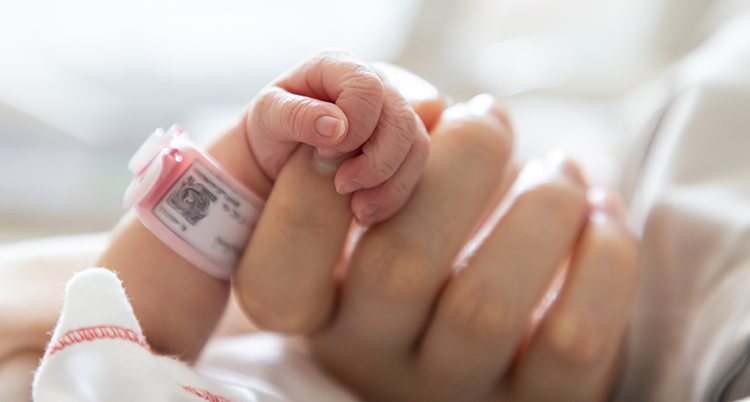
Image from Shutterstock.
In 2019, Jennifer Justice found out she was pregnant with her fourth child.
She knew it wouldn’t be easy, but she also knew things needed to be different this time. The Washington state mother had struggled with drug addiction and lost her job and her home. In 2015, child protective services placed her two older sons in her parents’ care. The agency took her third son from her at birth; he also was cared for and later adopted by her parents.
Justice entered a drug treatment program for pregnant woman in early 2020 and was able to stop abusing drugs for the first time in nearly eight years. That’s also when she learned about the Family Intervention Response to Stop Trauma Clinic. Known as the FIRST Clinic, the medical-legal partnership is located north of Seattle in Everett, Washington, and provides free legal assistance to pregnant women or new mothers who are at risk of losing their babies because of substance use.
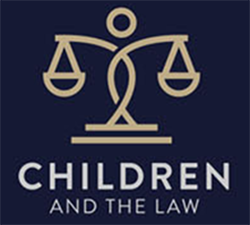
The FIRST Clinic was also one of the country’s first pre-petition legal representation programs, in which attorneys provide legal services to parents before children are removed from their care and before a petition of abuse or neglect is filed with the court. It is a type of preventative legal advocacy, and its goal is to avoid unnecessary involvement by the child welfare system.
While family separations have long been the norm when treating babies born dependent on substances, recent research suggests allowing a mother to stay with and care for her infant significantly improves their health outcomes. A study published in the New England Journal of Medicine in June shows this approach—called the “eat, sleep, console” approach—decreased the number of days infants with neonatal opioid withdrawal syndrome spent in the hospital after birth.
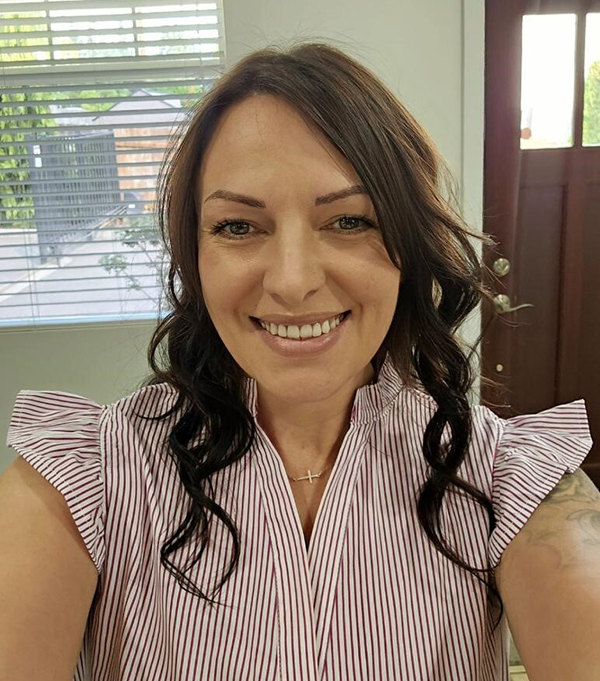 Jennifer Justice got treatment for her drug addiction and was able to retain custody of her son.
Jennifer Justice got treatment for her drug addiction and was able to retain custody of her son.When Justice called FIRST Clinic co-founder Adam Ballout, he said he would help her develop a plan to keep her and her baby together. Ballout also told Justice the FIRST Clinic would provide her with other resources, including a parent ally—a woman named Gina Wassemiller, who went through her own child protective services investigation and now supports families in similar situations.
Wassemiller not only found Justice a hotel to stay in temporarily, but she also connected her to community programs that gave her a car and a voucher for subsidized housing. When Justice delivered her son about a month and a half later and social workers showed up in her hospital room, Ballout and Wassemiller were both with her.
As part of their plan, Justice agreed to stay sober and on anti-addiction medication; receive daily visits from family members as well as regular visits from her social worker; and attend parenting classes. In exchange, child protective services put its petition to remove her son on hold.
“I said, ‘I don’t care what anybody thinks, I’m willing to do whatever. Tell me to climb Mount Everest, I’m marching there right now,’” Justice said. “So they agreed to let me keep my son, and after six months they closed my case. My now 3-year-old has never spent a day away from me.”
Changing the culture
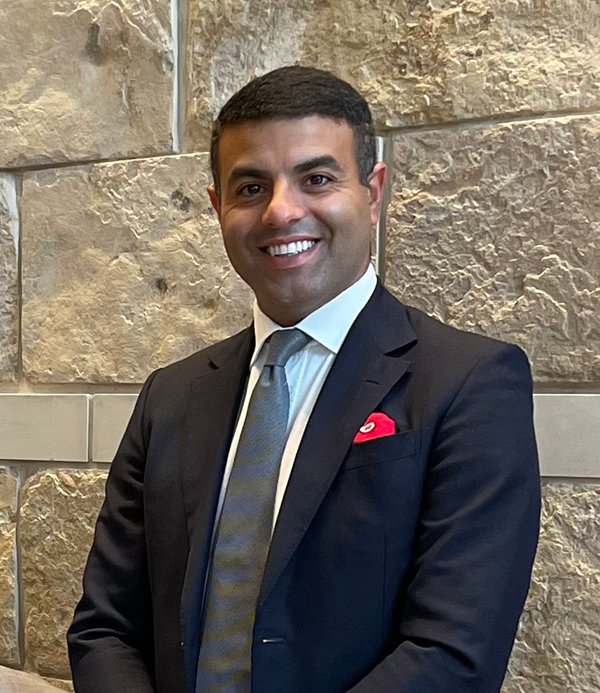 Adam Ballout is a co-founder of FIRST Clinic.
Adam Ballout is a co-founder of FIRST Clinic.Ballout has spent a lot of time in emergency hearings as part of his work representing parents and children in dependency cases. In Washington, these hearings are held within 72 hours of a child’s removal from its parents to determine whether the child can go home while the state investigates claims of neglect or abuse. Parents usually meet their court-appointed lawyer for the first time just before the start of the hearings.
In cases involving infants who were potentially exposed to substances prior to birth, Ballout, a partner at ABC Law Group in Snohomish County, Washington, began noticing child protective services made little to no effort to prevent removal from their parents. Oftentimes, he says, the agency would argue it needed to act quickly and didn’t have enough time to provide resources to families.
“We felt that if we could have been involved in the process a couple of days, weeks, even months earlier, the outcome could have been completely different,” Ballout says. “Instead, parents were being appointed an attorney 72 hours after the trauma of removal had already occurred … the damage was already done.”
According to data from the Washington State Department of Children, Youth and Families, 71% of infants were removed from their parents and placed in out-of-home care because of parental drug use between 2012 and 2020, regardless of whether the infant was found to be exposed to or affected by drugs.
In their own research, Ballout and his colleague Neil Weiss learned child protective services removed an average of 12 infants from families each month in Snohomish County in 2018. To stop these removals and related court filings, they began working with nearby Providence Hospital and Swedish Medical Center’s Addiction Recovery to identify pregnant people who were experiencing substance use disorder and might need to prepare for child protective services intervention.
They launched the FIRST Clinic as an informal pro bono project in 2019, but it has since become a 501(c)3 nonprofit organization. In 2021, they also started receiving referrals directly from the Washington State Department of Children, Youth and Families in an effort to work with women in earlier stages of pregnancy.
According to Nancy Gutierrez, a spokesperson for the Washington State Department of Children, Youth and Families, the FIRST Clinic’s collaboration with the state agency “has provided substance-using pregnant people in Washington with access to treatment options and a better understanding of and preparation for child welfare system involvement, in cases in which child welfare involvement is not prevented all together.”
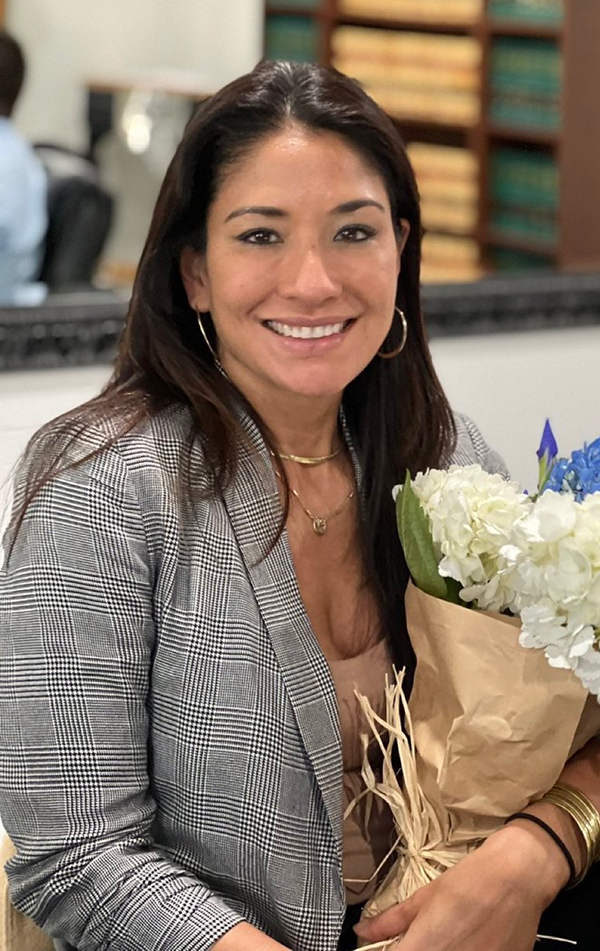 Taila AyAy, the executive director of the FIRST Clinic, says she’s seen “the culture shift across the board.”
Taila AyAy, the executive director of the FIRST Clinic, says she’s seen “the culture shift across the board.”Taila AyAy, the executive director of the FIRST Clinic, has represented families for more than 15 years. She met many parents who were traumatized by their children’s removal. And in some cases, she says, they didn’t show up for court because they didn’t know how to get help and thought they had already lost.
Since joining the FIRST Clinic, AyAy has seen “the culture shift across the board.” This includes increasing collaboration between attorneys and social workers and participation of empowered parents in family team decision meetings, which is typically where child protective services decides to file a dependency petition or work with the family.
“We started going into these meetings with parents who were showing up with their own plans and saying, ‘This is what I’m ready to do, and I’m already doing X, Y and Z,’” says AyAy, also a partner at ABC Law Group. “You had parents who were actually engaging in services and working with the department as opposed to fighting the process because they had somebody representing them.”
In another huge change, their clients’ physicians often attend meetings with child protective services, Ballout and AyAy add. They bring an important medical perspective by answering questions about the mother’s recovery as well as the best way to care for her child.
Dr. Jim Walsh, a member of the addiction recovery team at Swedish Medical Center, is one of those physicians.
“We really try to guide our patients to feel like you can engage with this process, and you can be effective,” Walsh says. “You might have to make some difficult choices at times, but you can do this successfully. And honestly, it’s a lot easier to say that when you know they have support.”
The FIRST Clinic has assisted more than 625 eligible families, according to Ballout. Of cases with known outcomes, more than 83% had no dependency filing. And in cases with a dependency filing, more than 33% did not result in removal following the emergency hearing.
AyAy adds that their cases are open for an average of 80 days, compared with dependency cases in Washington state, which are usually open for 12 months or longer. She says that also means many children are away from their families for more than a year.
With the FIRST Clinic’s involvement, “You’re not needing ongoing foster care or case management from the department,” AyAy says. “You’re not needing attorneys and judges and court time. And you don’t have children who are languishing out of the home for years at a time while you have parents who are struggling.
“Prevention, to me, is so important because none of that’s happening.”
Future of advocacy
The success of preventative legal advocacy and pre-petition representation extends well beyond Washington state.
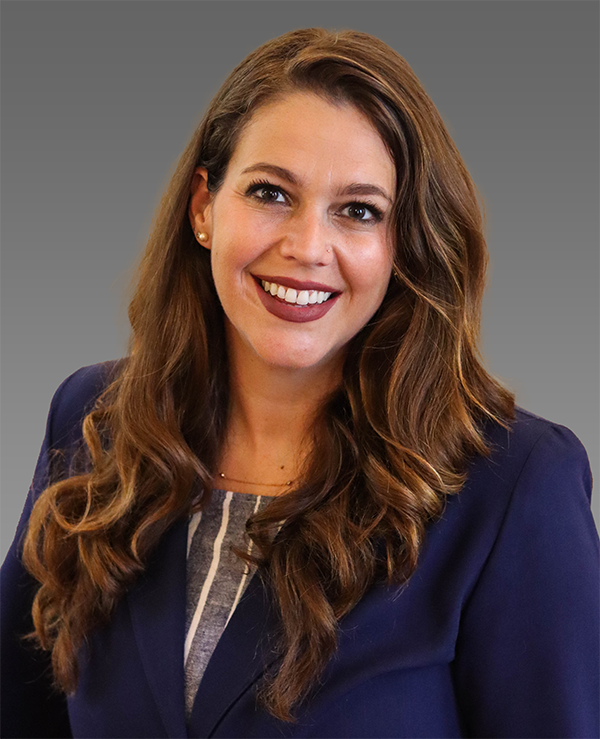 “Everything that comes after the filing of a petition often does little to address the trauma of the investigative process or the underlying instability that brought the family to the agency’s attention in the first place,” Emilie Cook says.
“Everything that comes after the filing of a petition often does little to address the trauma of the investigative process or the underlying instability that brought the family to the agency’s attention in the first place,” Emilie Cook says.Emilie Cook is the preventative legal advocacy fellow at Emory University School of Law’s Barton Child Law and Policy Center. In her role, she supports and provides technical assistance to existing and emerging programs in about 30 states.
Cook leads monthly meetings with this cohort of programs, which she says all provide holistic legal representation, educate parents about their rights and ensure their access to financial and social services. They also collaborate with community organizations to address systemic issues, such as poverty and inadequate housing.
In the past year, Cook has seen more people attend meetings to share information and learn about the success of early programs, such as the FIRST Clinic, Legal Services of New Jersey’s Family Representation Project and Children’s Law Center of California’s Pre-Filing Representation Project. She says a lot of interest comes from a “long-overdue acknowledgement” that the existing child welfare system disproportionally harms Black, brown and impoverished families.
“Many people have long considered the child welfare case to be the solution to a given family’s problems, but as those who practice in this field know, the case itself can be incredibly harmful,” she says. “Everything that comes after the filing of a petition often does little to address the trauma of the investigative process or the underlying instability that brought the family to the agency’s attention in the first place.”
Kristen Foster, a dependency prevention attorney at the Maricopa County Office of Public Defense Services in Phoenix, connected with the cohort last fall as she began developing the county’s new Family Advocacy and Support Team Clinic. Like the FIRST Clinic, it aims to connect pregnant women with substance use disorders to vital treatment and prevent the removal of their infants at birth.
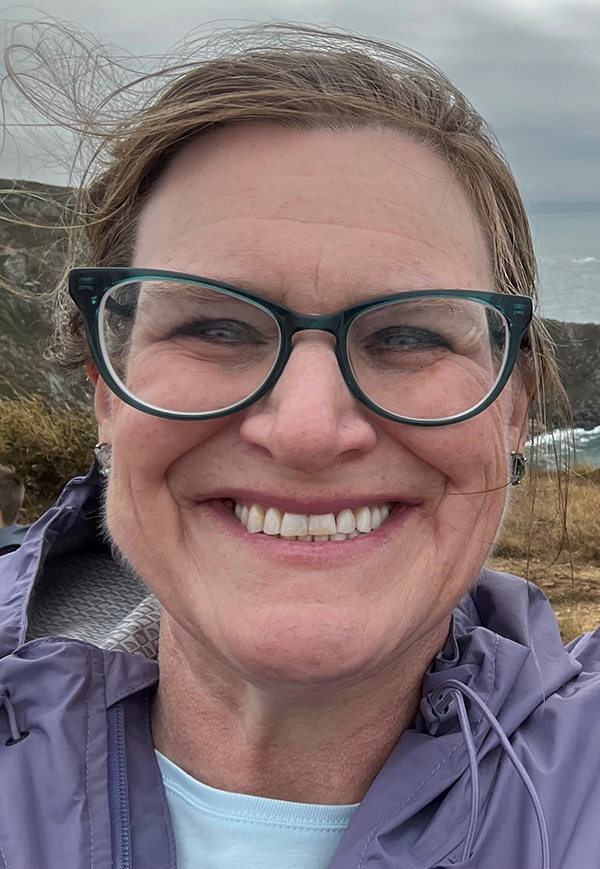 Kristen Foster consulted with FIRST Clinic while developing Maricopa County’s new Family Advocacy and Support Team Clinic in Arizona.
Kristen Foster consulted with FIRST Clinic while developing Maricopa County’s new Family Advocacy and Support Team Clinic in Arizona.Foster hopes to eventually expand the program to connect families with different obstacles to the treatment and services they need to prevent the removal of their children. She says she already has learned valuable lessons from FIRST Clinic’s attorneys and others engaged in preventative legal advocacy.
“They offer insight into developing programs that seek to provide proactive legal help instead of the traditional reactive legal defense,” Foster says. “Sometimes the strangeness of proactive legal work in the area of family preservation feels daunting, and it is very helpful to me to know that others are doing it successfully and effectively.”
In August 2022, the FIRST Clinic provided insight into its work as the co-host of the Washington State Perinatal and Parenting with Substance Use Summit, which convened stakeholders from law, medicine, nursing, social work, housing and substance use treatment. Ballout adds that he and his colleagues hope they also can organize a national summit that focuses on preventative legal advocacy.
Since Justice’s involvement with the FIRST Clinic, she has become closer to her three older children, who are now 19, 16 and 8. She also went back to college and received her associate degree in legal administrative assistance. She interned at the ABC Law Group before joining the FIRST Clinic as its second parent ally in August 2022.
To Justice, there is nothing greater than sharing her story and helping doctors and social workers understand how important it is to keep children with their parents.
“It meant everything to me,” says Justice, who was featured as one of the ABA Center on Children and the Law’s Reunification Heroes this year. “For the first time in my life, I felt safe, supported, respected and even loved.”
The FIRST Clinic “gave me a second chance at being a mother not only to my youngest but to all my children—a gift I will forever be grateful for,” she adds.
This feature is part of the ABA Journal’s Children & the Law series exploring children’s law and juvenile justice.
See also:
“ABA groups are working to promote and increase medical-legal partnerships”



